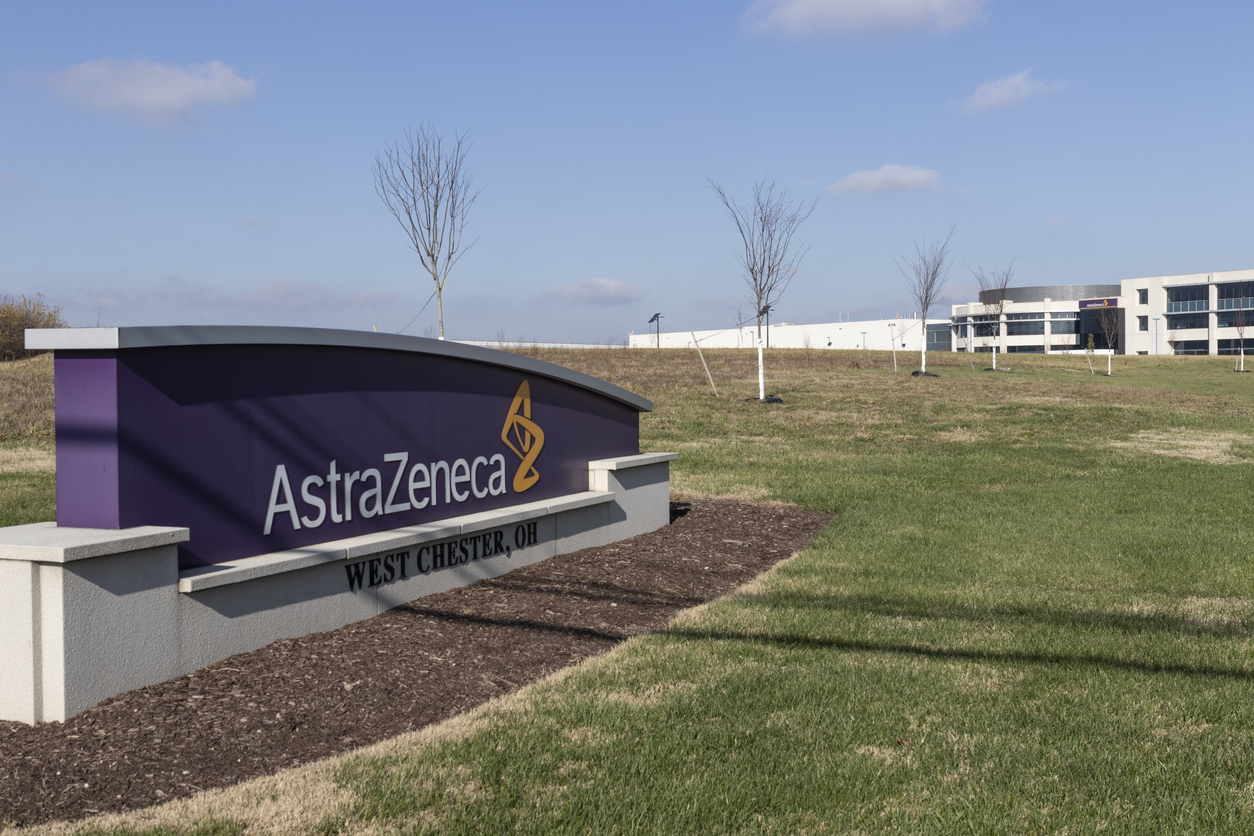AZ's COVID jab tackles delta variant, but antibody fails clinical trial

The delta variant of COVID-19 may be holding back the lifting of lockdown restrictions in the UK, but there is some good news – the AstraZeneca/Oxford University vaccine seems to offer a high level of protection against it.
Real-world data from Public Health England (PHE) suggests that the vaccine prevents 92% of hospitalisations in patients infected with delta (B.1.617.2, formerly known as the Indian variant), with no deaths recorded, according to AZ.
The results suggest the shot is at least as effective against delta as the alpha or UK variant (B.1.1.7), which was prevalent around the second wave of infections, with an 86% reduction in hospitalisations and once again no deaths reported.
Efficacy in preventing milder symptomatic disease was lower, at 64% for delta and 74% for alpha, but still afforded a significant level of protection, according to PHE.
Prime Minister Boris Jonson said the delay in lifting restrictions to 19 July from 21 June was directly linked to rising cases of the delta variant, which is thought to be more transmissible and – according to new data from Public Health Scotland (PHS) published in The Lancet – raises the risk of hospitalisation by 85%.
The Scottish data – again from real-world surveillance of cases – has found that delta is now the dominant variant, replacing alpha.
The study also found that both the AZ and Pfizer/BioNTech vaccines were less protective against delta than the alpha variant, with AZ appearing to have lower efficacy, although the dataset was too small to make a reliable comparison.
The AZ shot's 73% efficacy against alpha fell to 60% against delta, measured two weeks after a second dose, while for Pfizer/BioNTech protection fell from 92% to 79%, according to the figures, although PHS stressed that both jabs are still "highly effective" against the delta variant.
AZ's head of biopharma R&D Mene Pangalos said the new findings are important because the delta variant is a key contributor to the current wave of infection in the Indian subcontinent and beyond.
"The data show that the vaccine will continue to have a significant impact around the world given that it continues to account for the overwhelming majority of supplies to India and the COVAX facility," he pointed out.
Antibody flunks post-exposure prevention study
There was less encouraging news for AZ's COVID-19 drug development effort however, as the company has revealed that its AZD7442 (tixagevimab/cilgavimab) – a pair of long-acting anti-SARS-CoV-2 antibodies – was unable to prevent symptomatic COVID-19 in unvaccinated people exposed to someone with the virus.
The results of the STORM CHASER trial found there were 23 cases of COVID-19 among 273 people treated with a single dose of AZD7442 given as an intramuscular injection, compared to 17 out of 372 subjects in the placebo group. That was a 33% reduction, but didn't meet the threshold for statistical significance.
The reduction is considerably less than the 81% fall in symptomatic infections seen with Regeneron's casirivimab/imdevimab antibody combination in its post-exposure prevention trial, which compared the drug to placebo in people living in the same household as someone with a confirmed SARS-CoV-2 infection.
Eli Lilly meanwhile reported positive results with its bamlanivimab antibody in the BLAZE-2 study carried put in nursing homes, which found a 57% reduction in the risk of infection compared to placebo.
AZ said it is still running a second trial of AZD7442 – called PROVENT – as pre-exposure prophylaxis against SARS-CoV-2 infection in people who are unlikely to have an adequate response to a vaccine or are at high risk of infection.
It also has a study of the drug (TACKLE) on the go as a treatment for established COVID-19 infection.











